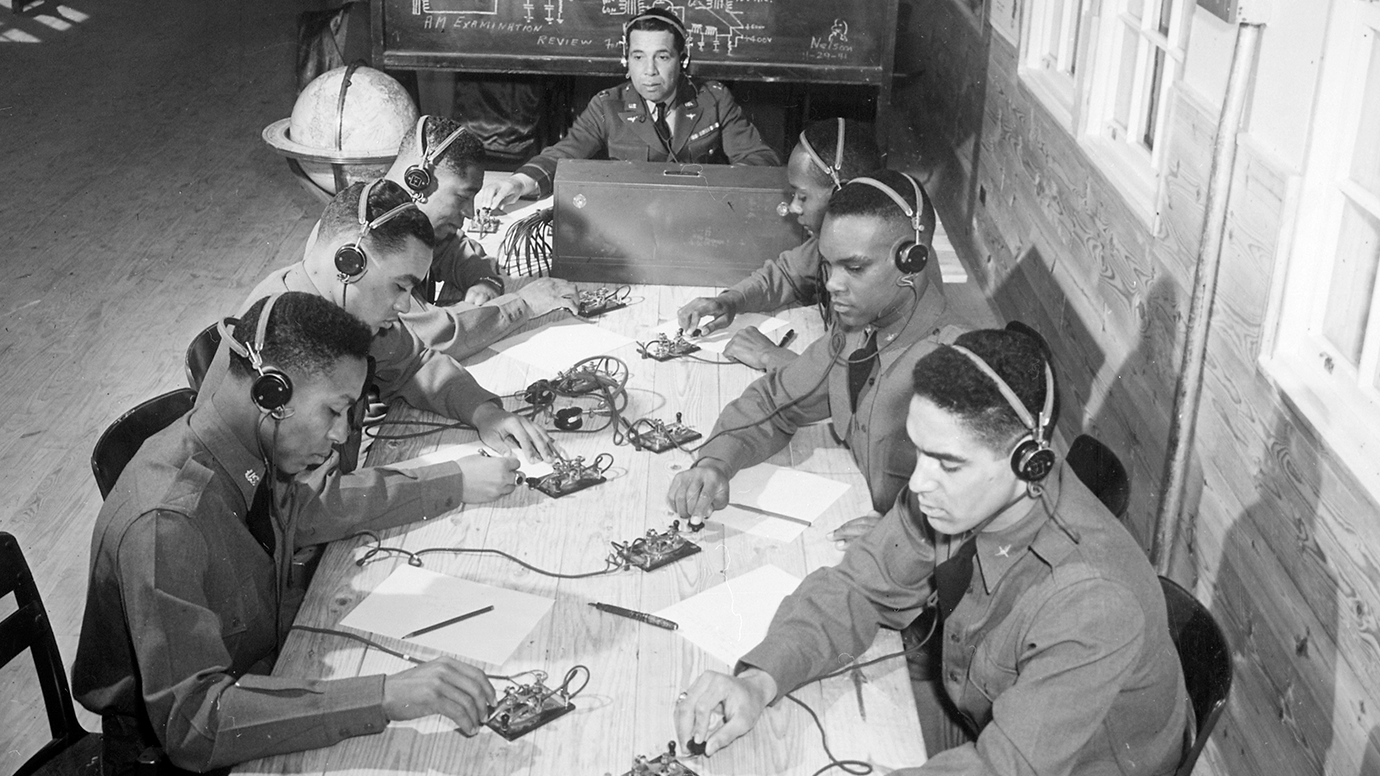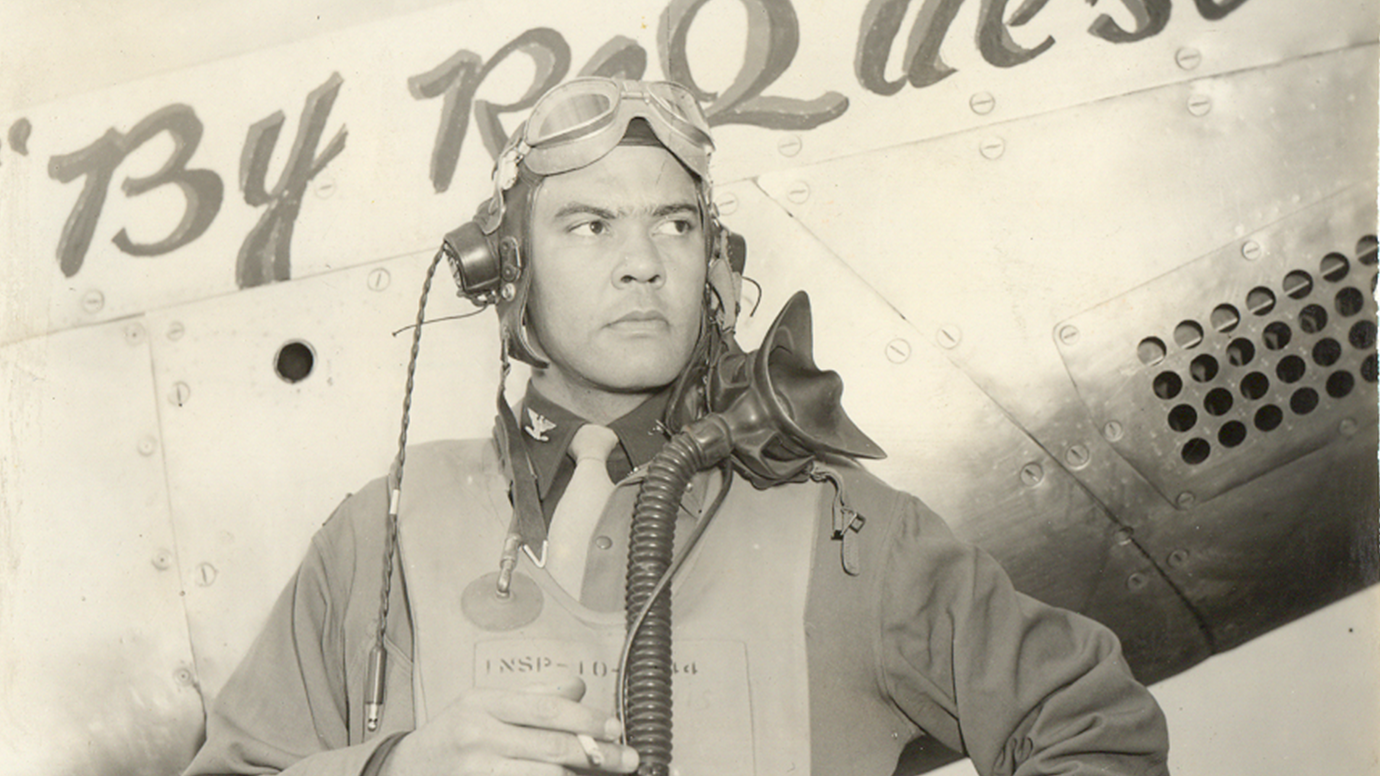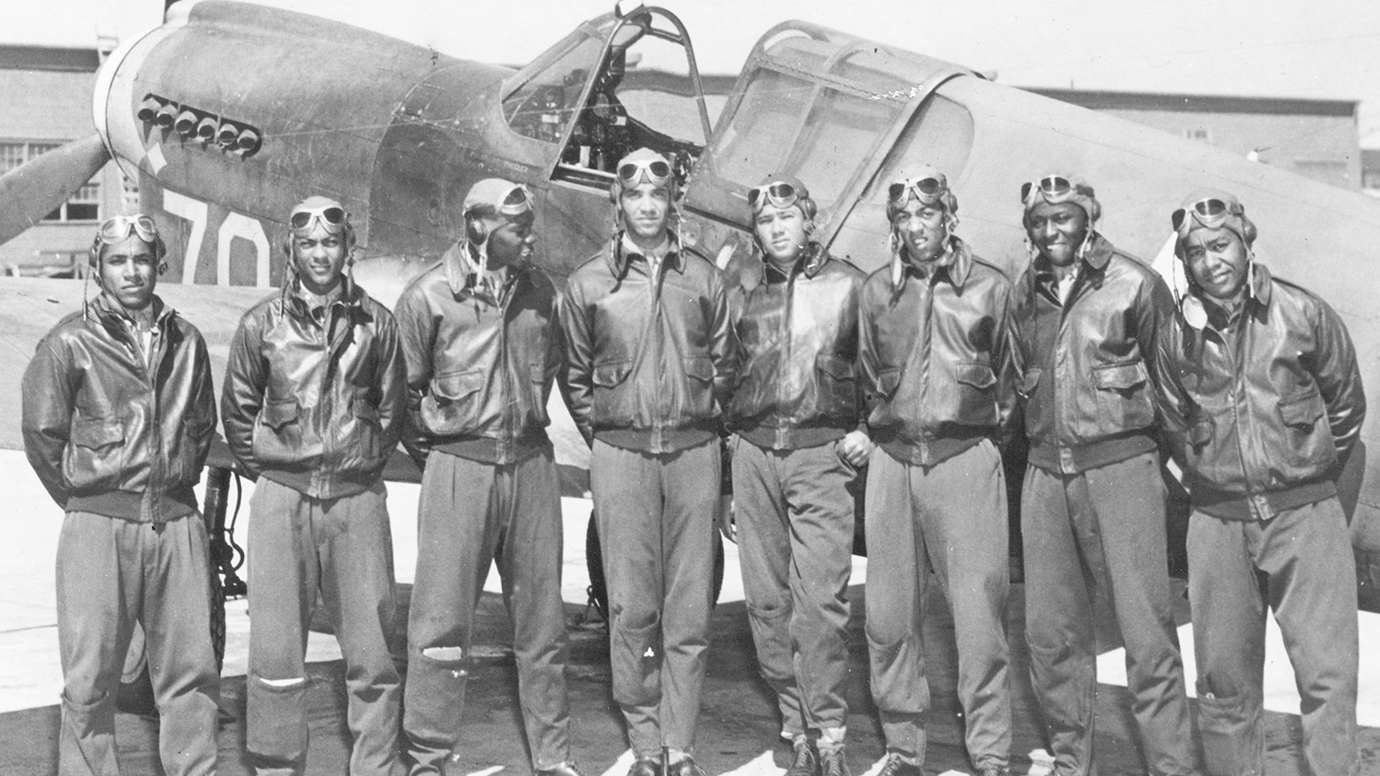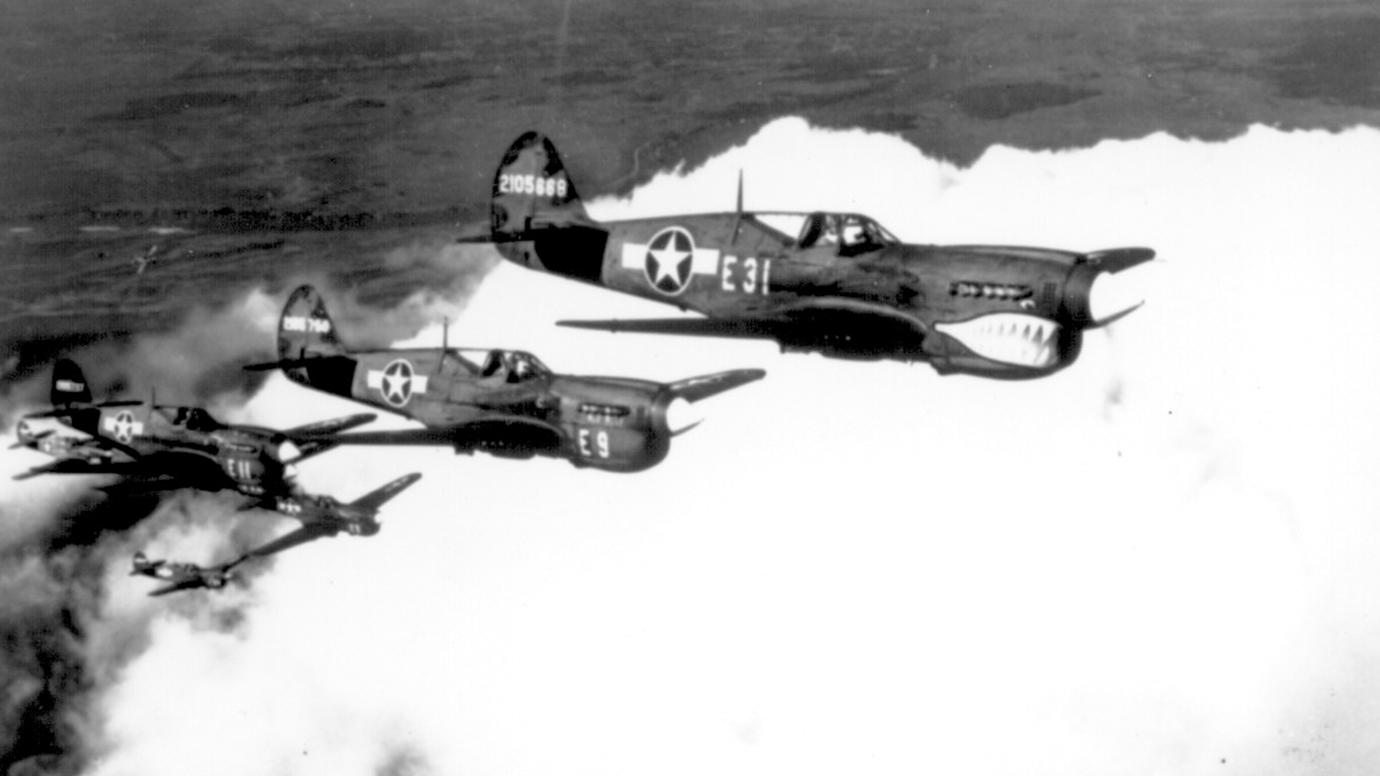John Rogers Sr. spent his childhood in Knoxville, Tenn., dreaming of flight.
“I remember walking from the town to the airport, and walking up and touching an airplane just to be able to say I touched an airplane,” recalls the soft-spoken 94-year-old. “From that point, my interest in planes began and has lasted all this time.”
Rogers later became a licensed pilot and enlisted in the Air Force, and served in the legendary 99th Pursuit Squadron of the Tuskegee Airmen — the first African American pilots in the U.S. military.
Rogers returned to Chicago after World War II, graduating from the University of Chicago Law School in 1948 before beginning a long career as a Cook County Juvenile Court judge. One of the original 24 pilots to serve with the Airmen, Rogers is one of the last known living Airmen with ties to the University of Chicago.

Many Airmen attended the University, and the program produced numerous veterans who went on to great success in life. The rolls of UChicago-Tuskegee alumni include such notable figures as Benjamin Davis, X’33, who commanded the Airmen throughout World War II and later became the first African American general in the Air Force; original Airman James Wiley, MBA’54; educators Stewart Fulbright, MBA’47, and Quentin Smith, AM’46; as well as applied mathematician Paul Byrd, SB’38, SM’41.
“He is really proud of being part of that pioneering first group of fighter pilots that went overseas,” says Rogers’ son, John Jr., a UChicago Trustee and chairman of Chicago-based Ariel Investments Inc. “He was quite proud of the fact that he had supported his country in a time of need.”
Overcoming racism to pursue excellence
Before 1940, African Americans were barred from flying for the U.S. military. Civil rights organizations pressured the federal government, resulting in the formation of an African American pursuit squadron based in Tuskegee, Ala., in 1941. Although collectively called Tuskegee Airmen, the 99th Pursuit Squadron included engine mechanics, sheet metal workers, armorers, weather observers, parachute riggers, support staff, and all the personnel who kept the planes in the air.
Rogers Sr. was already a licensed pilot when he voluntarily enlisted in the Air Force.
“I figured if I was going to be in combat, I have a better chance of surviving in the air rather than on the ground,” says Rogers. “And I was lucky because I did not get killed and served my country proudly.”
His enlistment into the military came at a time when blacks struggled to be taken seriously by their white colleagues as combat fighters.

“Even though they (whites) let us into the military, it does not mean we were fully accepted as equal,” recalls Rogers. “The Tuskegee Airmen were seen (by white servicemen) as an experimental group. They (whites) wanted to see if we were any good in combat before deploying more African Americans in the air.”
Rogers and his fellow pilots soon proved that they could work together to defeat the enemy.
“We were a tight group. We stuck together and watched each others’ backs, and that is why we were so successful proving folks wrong,” he says.
“I hope there are planes in heaven I can fly, because you know how much I love to fly.”
‘The best dive-bomber pilot in the business’
Rogers excelled as a combat pilot, rising to the rank of captain and flying on more than 100 missions in the war’s European theater.
Mark Hanson, curator of the Chanute Air Museum in Rantoul, Ill., located on the former Chanute AFB, where the 99th was first activated, says Rogers was regarded as a pilot who “could put a 500-pound bomb through a building’s window.”
Rogers’ skill was well known, especially by the British, who often asked for the Airmen’s close-air support. A Chanute museum photo taken by William Thompson, an armament officer and Rogers’ friend, shows Rogers by his P-40 Warhawk with the inscription: “This is Jack Rogers, the best dive-bomber pilot in the business.”
After the war, Rogers returned to Chicago to attend the Law School. Although he was not admitted on his first attempt, according to his son, he returned to the school in his captain’s uniform and essentially argued his way in.
At the Law School, Rogers Sr. met his future wife and Rogers Jr.’s mother, Jewel Stradford, who became the first African American woman to graduate from the Law School. Overcoming the era’s racial barriers to become a prominent, highly respected lawyer, Rogers Sr. was ultimately appointed a Juvenile Court judge. And although he served 21 years on the bench, he never forgot the influence of the University of Chicago.
“He always said that he learned to think at the Law School—that the Socratic method they used and the quality of the instruction and professors was world-class and made him a better thinker,” says Rogers Jr.

Honored at the White House
In 2007, Rogers Sr. was among 300 Tuskegee Airmen to receive the Congressional Gold Medal, Congress’s highest civilian honor. He returned to Washington, D.C. this past January along with the Tuskegee Airmen as a special guest of the Obamas, for a special screening of the movie Red Tails. The George Lucas-produced film traces the Airmen’s story, from racism throughout their recruitment and training to their success in combat across Europe.
“The Tuskegee Airmen stand for excellence,” said former Airman Roscoe C. Brown Jr., to an interviewer at the White House event. “We were leaders of our group. We were athletes. We were valedictorians.”

Rogers has seen Red Tails three times and says it represents what the Airmen experienced during World War II. These days, he lives a peaceful life in his 22nd-floor condominium overlooking Lake Michigan in Hyde Park, adorned with model aircraft and black-and-white photos of him in uniform. He travels a lot with his wife, Gwen.
“About the only place we have not yet gone is India,” Gwen Rogers says. “Life does not owe us anything. We have had a good life.”
Wherever he goes, Rogers Sr. just hopes he gets there by plane.
“I hope there are planes in heaven I can fly, because you know how much I love to fly.”







